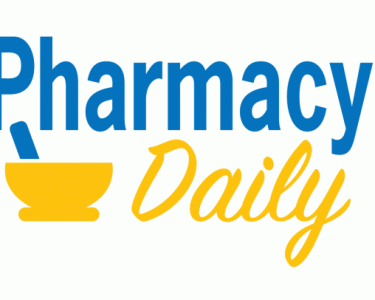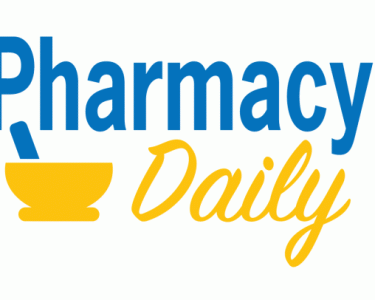INSTITUTIONS and experts are no longer the sole gatekeepers of health information, and peers, influencers and social platforms now play a central role in shaping health behaviours, according to new data launched this week from the 2025 Edelman Trust Barometer Special Report: Trust and Health in Australia.
The global survey of 16,000 people, including 1,000 from Australia, also reported that most people agreed that to be seen as a legitimate health expert, personal relevance, relatability and prior helpful advice are now considered almost as important as academic credentials.
Among Australians aged 18-34, 43% believed that those who have done their own research are just as knowledgeable as doctors on most health matters – an 11-point rise from last year.
They are also more likely to be influenced by their peers when making health-related decisions, with 37% disregarding medical advice from a healthcare professional in favour of advice from friends and family or social media content.
However, despite being highly engaged, confident consumers of health information, 52% of younger people say they have regretted a health decision made due to misinformation, with a third of those citing their own doctor as a top source of that misinformation.
While trust in pharmacies globally remains high at 77% – second only to hospitals among major health institutions – the sentiment more generally indicates a breakdown in frontline trust.
“To deliver better outcomes for patients and rebuild confidence in the health ecosystem, we need stronger collaboration across the board,” said Lisa Robins, CEO of Patients Australia.
“That means engaging meaningfully with what patients have to say, showing up where they’re seeking support – even when it’s outside the traditional channels we’re used to – and building partnerships with them that improve access to trustworthy information, evidence-based treatment, and high-quality care,” Robbins concluded. KB
The post Health info trust fragmenting appeared first on Pharmacy Daily.


